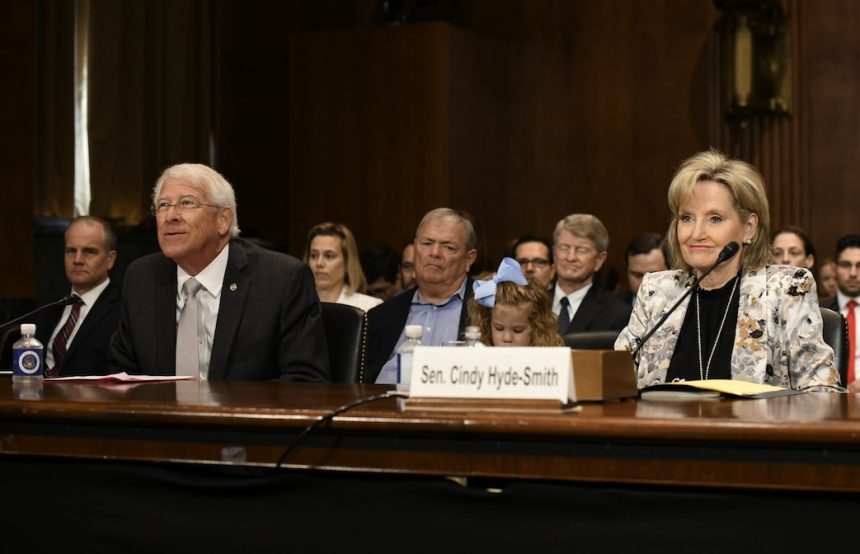A bill that would encourage semiconductor chip manufacturers to increase production in the U.S. has passed in the Senate, with one Mississippi senator voting in opposition to the bill.
Senator Cindy Hyde-Smith voted against the CHIPS Act, which is aimed to alleviate a shortage that has affected everything from cars, weapons, washing machines, and video games.
“I fully understand the need for the United States to strengthen our competitive edge for economic and security reasons. Our industries, our economy, and the American people are hurting because we can’t produce more chips on our own,” Hyde-Smith said. “The massive CHIPS Act has good provisions, but it perpetuates more deficit spending to support profitable industries that already plan to expand without taxpayer subsidies. I just think Congress should pay more attention to fiscal responsibility even when considering important legislation intended to spur greater American innovation.”
The CHIPS Act, a more than 1,000-page bill, would provide $52 billion in subsidies and $24.3 billion in investment tax credits for U.S. chip manufacturing over the next 10 years. A Congressional Budget Office estimate indicated this portion of the bill would add $79.3 billion to the debt.
Senator Roger Wicker, on the other hand, supported the legislation.
“Regrettably, at this moment, we are not in the driver’s seat on a range of important technologies,” Wicker said. “China and other nations are increasingly dominant in tech innovation, posing a massive threat to not only our economy but to our national security. But with today’s vote, Congress has a chance to move us back in the right direction and put America back into a place to win the game.”
Wicker also expressed support for the measure because it would boost American innovation and investment in advanced technologies.
“But of course, chips and semiconductors are not the whole ballgame. This legislation goes much further, advancing American innovation in quantum computing, advanced robotics biotechnology, advanced materials, and artificial intelligence – the full suite of technologies that we need to out-compete China,” Wicker said. “And instead of limiting those investments to a small handful of institutions in five wealthy states, this bill casts a wide net, enlisting the talent and expertise of STEM researchers nationwide.”
The legislation would authorize additional funding for the National Science Foundation (NSF) to research these technologies. Wicker negotiated provisions in the legislation that would reduce historic disparities in research funding allocations, ensuring more universities can participate in U.S. efforts to outcompete China. The provisions would require that a minimum of 20 percent of funding be set aside for the 25 states and three territories that are included in NSF Established Program to Stimulate Competitive Research (EPSCoR) jurisdictions. These predominantly rural states, which include Mississippi, currently receive only 13 percent of federal research funding.
The bill now heads to the House, where it’s expected to be approved.








